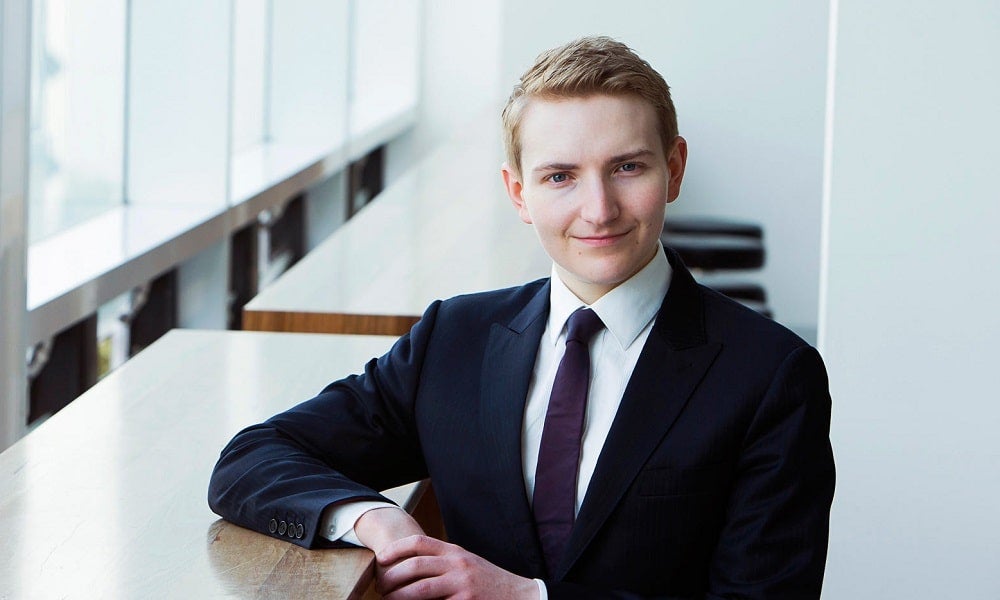It looks like Elon Musk will acquire Twitter after all
There are several possibilities why Elon Musk is reviving his Twitter takeover which may finally draw to a close, writes UNSW Business School’s Mark Humphery-Jenner
It appears that Elon Musk will acquire Twitter after all. According to SEC filings, Elon Musk will acquire Twitter at the originally agreed-upon price: $54.20.
How did the market react?
The announcement triggered a significant market reaction. Twitter’s stock price increased 22.24 per cent. The reason for Twitter’s price movement is clear: Twitter’s stock price moved to $52.00, close to the acquisition price. This is common for acquisition targets. Twitter’s shares likely did not move entirely to the $54.20 because there is still a chance that the deal might not be consummated.
Read more: Did Twitter deliberately mislead Elon Musk in his acquisition bid?
The reason for Tesla’s price increase is less clear. Tesla’s stock price increased 2.90 per cent. However, the S&P 500 increased 3.06 per cent, and the Nasdaq composite by 3.34 per cent. And, Tesla reportedly has a beta of around 2, which implies that Tesla is normally highly sensitive to market movements. Thus, Tesla slightly underperformed the market, especially on a beta-adjusted basis.
The Tesla reaction could signal several factors. These include disappointment that Elon Musk might now split his attention even more, having to focus on another company. It could also reflect the possibility that Elon Musk might need to sell more Tesla shares. This both could have a negative price impact and reduce Elon Musk’s personal sensitivity to Tesla’s price movements.
The market might also interpret this as a signal about Elon Musk’s personal competence. The about-face could suggest that the Twitter deal, the merger strategy, or the lawsuit are folly. This could cement negative views about Elon Musk’s leadership style. In turn, this could lead the market to further down-mark Tesla’s corporate governance. It could also be a negative signal about Tesla’s ability to execute future acquisitions and investments.

Why go ahead with the acquisition?
Given that the market reacted so negatively, why would Elon Musk go ahead with the acquisition?
At the time of writing, there has not been an official statement about why Elon Musk is pursuing the acquisition. However, there are several possibilities.
Elon Musk might have feared he would lose the lawsuit. He had had wins and losses in prior decisions in the litigation. For example, the judge had denied an application to delay the trial. However, additional evidence about alleged security and bot lapses had been permitted. The concern is whether Elon Musk could show that he was misled about bot counts. And, if contrary evidence could emerge, he could face difficulty side-stepping the merger.
Elon Musk might also have considered litigation costs. Oft-times parties discontinue litigation simply because the expense of litigating is not worth it. This is generally more the case for small plaintiffs (or defendants) litigating against a much larger opponent. However, given that the litigation would cost many millions, and consume countless hours, Elon Musk could simply have decided he did not want to do a trial.
Elon Musk also appears to make capricious statements. This has drawn ire from the SEC in the past. It is possible the decision is not fully rational. Elon Musk might simply have lost interest in the litigation and decided it would be less effort to accede.
Subscribe to BusinessThink for the latest research, analysis and insights from UNSW Business School
Finally, there are reports that a company such as Twitter could indeed be genuinely valuable, especially given the increased competition that Tesla faces. Tesla primarily makes EVs. But, it is facing more competition from myriad manufacturers in the US and China. Elon Musk might have followed the AOL/Time Warner merger model: swapping out shares in a pressured business (Tesla in this case) for shares in a dominant business for which there is no immediate equivalent (Twitter in this case).
At this point, the deal has not been completed. Much could happen between now and deal consummation. Elon Musk could even attempt to sue under Rule 10b-5 if he can establish he was misled into paying too much. But, at this point, it appears the saga is drawing to a close.
Mark Humphery-Jenner is an Associate Professor in the School of Banking & Finance at UNSW Business School. He has been published in leading management journals and his research interests include corporate finance, venture capital and law. For more information please contact A/Prof. Humphery-Jenner directly.
